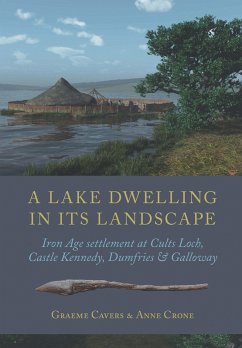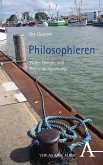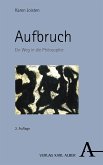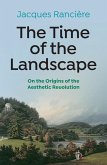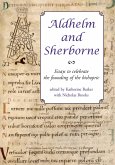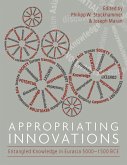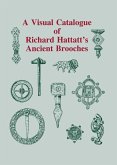Cults Loch, at Castle Kennedy in Dumfries & Galloway, Scotland, loch lies within a landscape rich in prehistoric cropmark sites and within the loch itself are two crannogs, one of which has been the focus of this study. A palisaded enclosure and a promontory fort on the shores of the loch have also been excavated. The Cults Loch crannog is only the second prehistoric site in Scotland to be dated by dendrochronology and analysis has revealed the very short duration of activity on the crannog in the middle of the 5th century BC. Bayesian analysis of the dating evidence from all the excavated sites has yielded a chronological sequence which suggests a dynamic and sequential settlement pattern across the landscape. The implications of this sequence for later prehistoric settlement throughout southwest Scotland are explored. The Cults Loch Landscape Project arose out of the Scottish Wetland Archaeology Programme (SWAP), the objective of which is to fully integrate the wetland archaeological resource of Scotland into the more mainstream narratives of 'dryland' archaeology. The Cults Loch project has sought to bridge this apparent divide between 'wetland' and 'dryland' by focusing on a wetland site, the crannog, which lies at the center of a prehistoric landscape, rather than being peripheral to it. Thus, the wealth of well-preserved evidence from the crannog, particularly the rich ecofactual assemblages, as well as the higher chronological resolution possible through the dendro-dating of waterlogged timbers, are brought to bear on our understanding of the evidence from the cropmark sites around the loch. The role and function of crannogs are also explored via the relationship between the crannog in Cults Loch and its social and physical landscape.
Dieser Download kann aus rechtlichen Gründen nur mit Rechnungsadresse in A, B, BG, CY, CZ, D, DK, EW, E, FIN, F, GR, HR, H, IRL, I, LT, L, LR, M, NL, PL, P, R, S, SLO, SK ausgeliefert werden.

